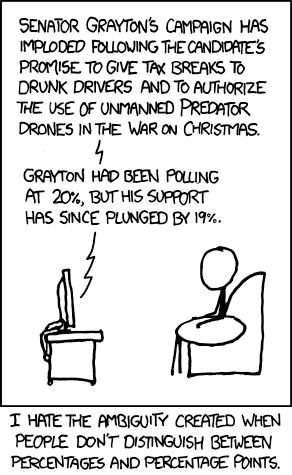The assholocracy
Somewhat to my surprise, the Wall Street Journal didn't merely report that "Donald Trump wants a say in who gets the nomination, so he's hosting a presidential debate, holding out the prospect of his endorsement and threatening an independent run" (i.e., behaving like a kingmaker who expects to be honored and courted by the rival candidates); it even quoted candidate Jon Huntsman's remarkably lewd comment about why he's not going to attend the Trump "debate": Huntsman said, "I'm not going to kiss his ring, and I'm not going to kiss any other part of his anatomy."
That vivid and rather gross remark reminded me of how right my extremely cool son Calvin is about the word he wants to see win the American Dialect Society's Word of the Year contest. I had been talking to Calvin one day about the ghastly crew of obnoxious multi-millionaires who dominate the newspapers, and how they keep threatening to achieve success even in the political arena. Calvin pointed out to me both that we need a new political term for the concept of being ruled by such men, and that there already is such a term. We are living, he observed, in the age of the assholocracy.
Read the rest of this entry »
Permalink Comments off
